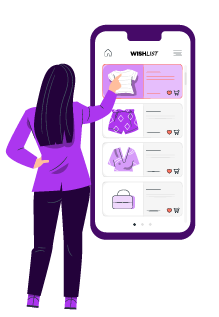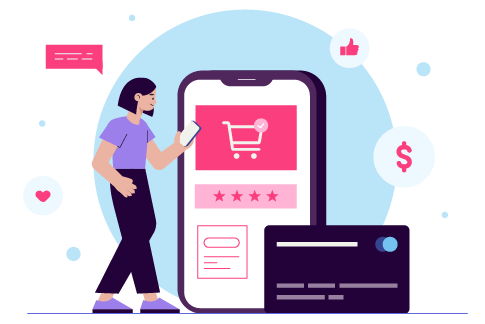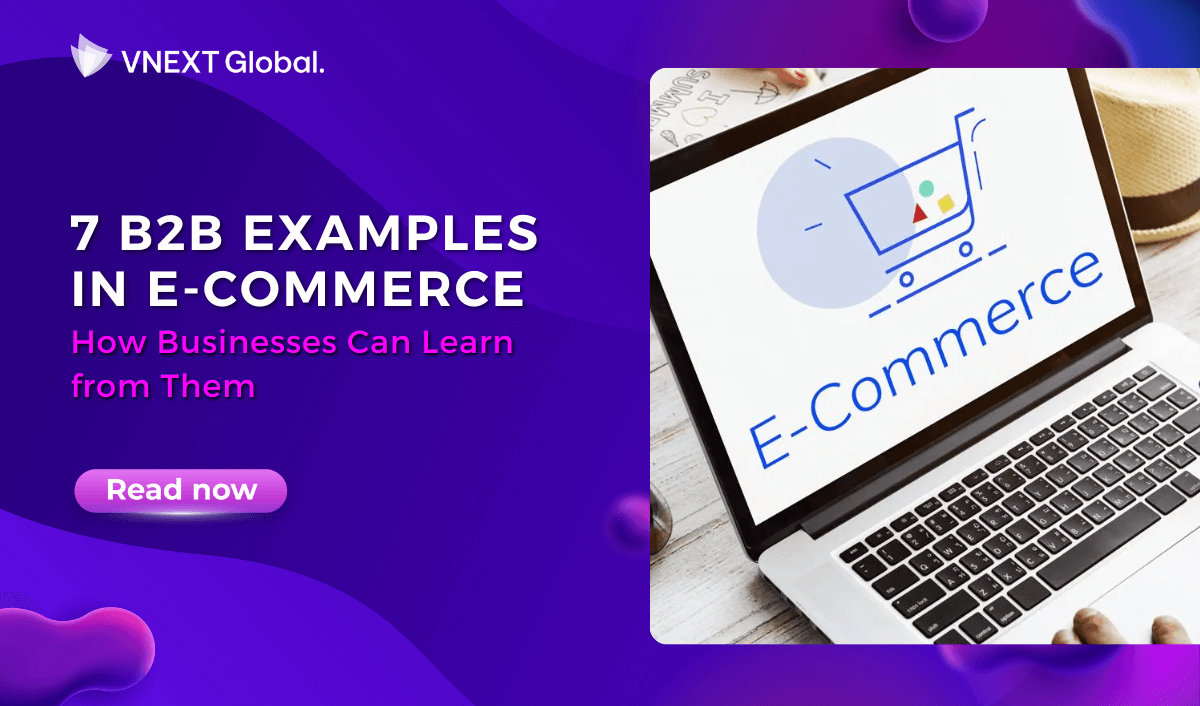7 B2B Examples in E-commerce and How Businesses Can Learn from Them
Business-to-business (B2B) e-commerce has witnessed tremendous growth in recent years, revolutionizing the way businesses buy and sell products and services. As more companies embrace the digital landscape, there are valuable lessons to be learned from successful B2B e-commerce examples. In this blog, we will explore seven real-world B2B e-commerce examples, backed by accurate statistics, and analyze the key strategies and practices that businesses can learn from to enhance their own B2B e-commerce initiatives.
1. Amazon Business:
Amazon, known for its dominance in the B2C e-commerce space, has also made significant strides in the B2B realm with Amazon Business. Launched in 2015, Amazon Business provides a platform for businesses to purchase a wide range of products, from office supplies to industrial equipment. With more than 1 million customers and billions of dollars in sales, Amazon Business has become a major player in B2B e-commerce.
Key Takeaway: Businesses can learn from Amazon Business's emphasis on customer experience, streamlined purchasing processes, and vast product selection. Implementing user-friendly interfaces, personalized recommendations, and efficient order management can enhance customer satisfaction and drive B2B sales.
2. Alibaba:
Alibaba, the Chinese e-commerce giant, operates multiple B2B platforms, including Alibaba.com and AliExpress. With a vast network of suppliers, Alibaba connects businesses globally, facilitating trade and opening up new markets. According to Statista, Alibaba's B2B marketplace had over 18 million active buyers in the fiscal year 2021.
Key Takeaway: Businesses can learn from Alibaba's success in creating a comprehensive B2B ecosystem that fosters trust, facilitates communication, and provides access to a diverse range of products and suppliers. Building strong relationships with suppliers, investing in robust communication tools, and offering a secure and transparent marketplace can drive B2B growth.
3. Shopify Plus:
Shopify, a leading e-commerce platform, offers a specialized solution for B2B businesses called Shopify Plus. It caters to the unique needs of B2B companies, providing features such as custom pricing, bulk ordering, and flexible payment options. With over 5,000 businesses using Shopify Plus, it has gained popularity in the B2B e-commerce landscape.
Key Takeaway: Businesses can learn from Shopify Plus's focus on customization and flexibility to meet the specific requirements of B2B customers. Offering personalized pricing, easy reordering, and seamless integration with other business systems can enhance the B2B purchasing experience.

4. Grainger:
Grainger, a leading distributor of maintenance, repair, and operating (MRO) products, has successfully transformed its traditional B2B business into a thriving e-commerce operation. By leveraging digital technologies, Grainger has enhanced its customer experience, allowing businesses to find and order products easily. In 2020, Grainger reported $11.8 billion in net sales, with digital sales accounting for approximately 75% of the total.
Key Takeaway: Businesses can learn from Grainger's digital transformation journey by investing in robust e-commerce platforms, implementing advanced search and navigation functionalities, and providing comprehensive product information. Creating seamless online experiences for B2B buyers can drive engagement and boost sales.
5. Cisco:
Cisco, a global leader in networking and IT solutions, has embraced e-commerce to enhance its B2B sales processes. Through its Cisco Commerce Workspace (CCW) platform, the company enables its partners and resellers to configure, quote, and order Cisco products and services. According to a case study by Forrester, CCW streamlined Cisco's ordering process, resulting in a 30% reduction in sales cycle time and a 90% reduction in order errors.
Key Takeaway: Businesses can learn from Cisco's focus on digitizing and automating complex B2B sales processes. Implementing robust configure-price-quote (CPQ) systems, providing self-service capabilities, and integrating seamlessly with back-end systems can improve operational efficiency and accelerate sales.
6. Siemens:
Siemens, a multinational conglomerate, has successfully implemented e-commerce solutions to enhance its B2B sales and service offerings. With its online portal, Siemens Industry Mall, the company provides customers with a digital platform to order products, access technical information, and receive support. This digital transformation has improved customer satisfaction and reduced manual order processing costs.
Key Takeaway: Businesses can learn from Siemens' commitment to providing a seamless B2B buying experience through digital self-service portals. Empowering customers with online access to product catalogs, technical resources, and support can drive efficiency and customer loyalty.
7. Graze:
Graze, a B2B snacks provider, has embraced e-commerce to cater to businesses' office snack needs. By offering subscription-based snack boxes tailored to office environments, Graze has capitalized on the growing demand for healthy snacks in workplaces. Through its online platform, businesses can easily manage their subscriptions, customize snack selections, and receive regular deliveries.
Key Takeaway: Businesses can learn from Graze's innovative subscription model and focus on catering to specific B2B niches. By offering personalized subscription plans, leveraging data-driven insights, and providing convenience through recurring deliveries, businesses can tap into niche markets and build long-term customer relationships.

Final Thoughts:
These seven B2B e-commerce examples highlight the strategies and practices that have led to their success. Businesses can learn valuable lessons from these examples, including the importance of customer experience, personalized offerings, streamlined purchasing processes, and digital transformation. By incorporating these insights into their own B2B e-commerce initiatives, businesses can enhance their online presence, increase customer satisfaction, and drive growth in the digital marketplace.
If you are looking for a trusted IT partner, VNEXT Global is the ideal choice. With 14+ years of experience, we surely can help you to optimize your business digitalization within a small budget and short time. Currently, we have 400+ IT consultants and developers in Mobile App, Web App, System Development, Blockchain Development and Testing Services. We have provided solutions to 600+ projects in several industries for clients worldwide. We are willing to become a companion on your way to success. Please tell us when is convenient for you to have an online meeting to discuss this further. Have a nice day!












